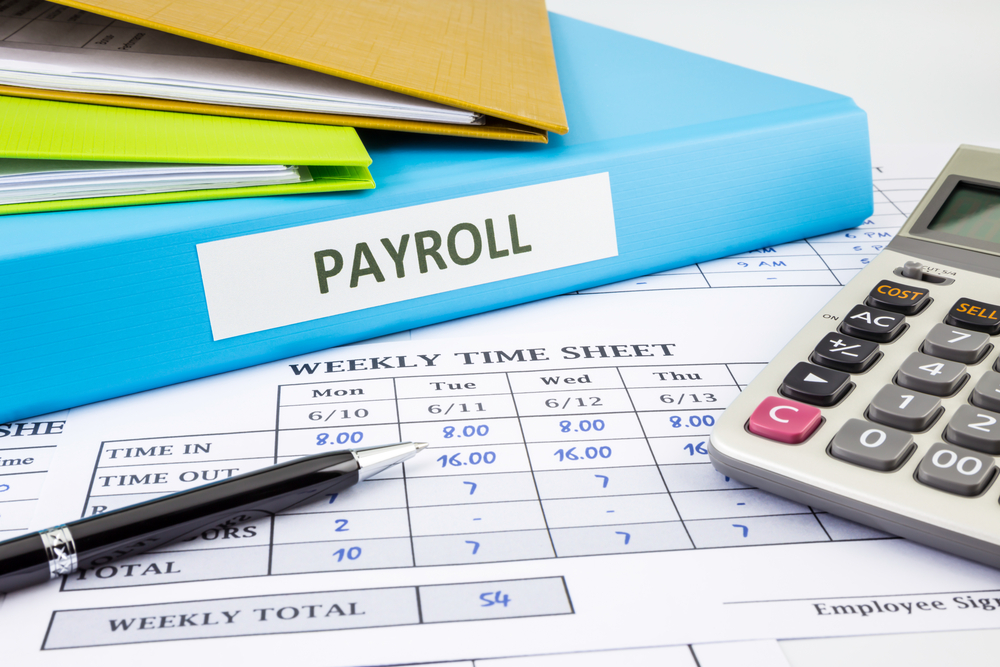Garnishments in payroll can be a tricky business, like all legal procedures. Wages are garnished for a number of reasons. Alimony, child support orders, creditor garnishments (credit card debt), federal student loans, and more are withheld by court order from paycheck earnings.
Thankfully, employee benefits and usually tips, are not affected by payroll garnishment. This is especially great for people with a federal minimum wage job.
Let’s dive into garnishments in payroll at the nationwide level and how it pertains specifically to the state of Georgia.
Garnishments in Payroll Rules
Nationwide
The U.S. Department of Labor (DOL) put laws in place to protect employees.
- Title III of the Consumer Credit Protection Act (CCPA) forbids employers from firing employees simply due to wage garnishment orders.
- Disposable earnings are the earnings left after federal, local, and state taxes are taken out, as well as any other tax.
- To look at the maximum garnishment for minimum wage, take a look at the Title III fact sheet.
- Unrestricted garnishment has proven to result in a loss of employment for debtors, making their financial situation even worse.
- Furthermore, Title III limits the percentage of wages garnished from each paycheck. In other words, there is a ceiling on the amount taken out for garnishments from someone’s paycheck.
- Unfortunately, Title III doesn’t protect workers from being fired regarding garnishments for succeeding debts (second, third, etc.).
- Earnings can include commissions, bonuses, and even pension or retirement income. For a full list of earnings that can be used for payroll garnishments, go to the Title III fact sheet here.
- If you have wage garnishments from your business, even a small business, make sure to look over your business insurance policy.
- Are you a small business that needs to file for bankruptcy? Get the legal support you need now with the help of an experienced attorney.
In the state of Georgia…
- Filing for bankruptcy, whether personal or business, can help stop garnishments in payroll.
- Georgia law states that creditors can garnish 25% of your paycheck every period, whether it is weekly, bi-weekly, or monthly.
- State laws claim that creditors can get direct access to your checking and savings accounts and take unrestricted amounts of money.
- If you are a server, bartender, or your income relies heavily on customer tips, speak with a licensed and expert attorney.
Garnishments in Payroll
Under law, you are legally required to attend a garnishment hearing to protect your wages. It is up to the judge or magistrate to accept (sustain) or overrule your objection. When an objection is accepted, your payroll garnishment(s) will be reduced or terminated. If your objection is overruled, you will be expected to continue paying garnishments.
Have you suffered from illegal payroll or bankruptcy garnishments that are affecting wage garnishments? CMC Law is here for you.
Contact us for a free bankruptcy evaluation or any other legal support you need regarding garnishments in payroll, foreclosure, local tax, or state tax debt.
With our legal services, you can stop falling behind and get back on track. Your financial future is our financial future. Connect with us today.

